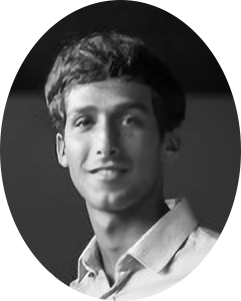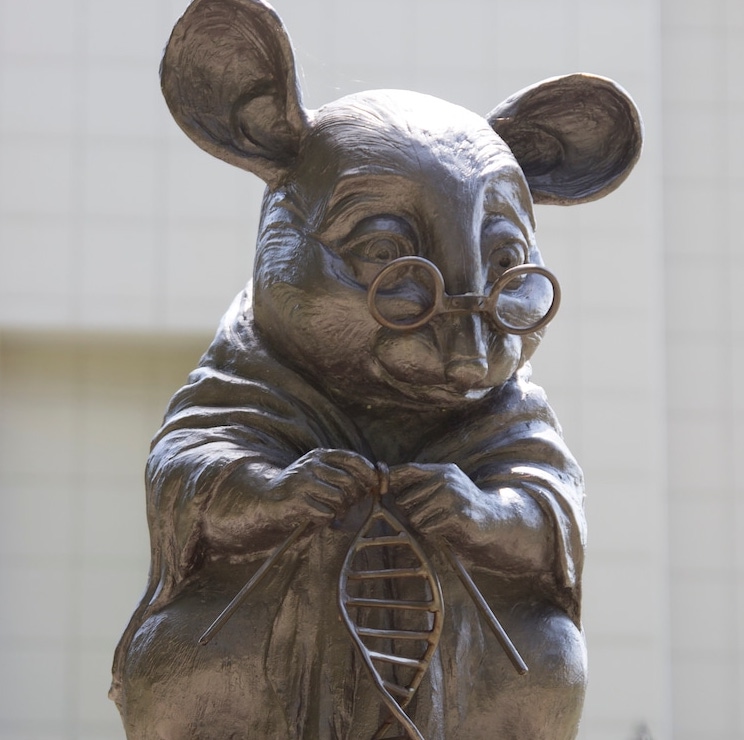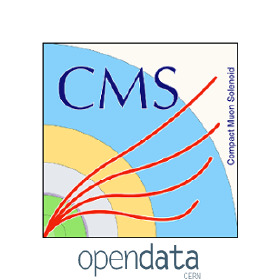Bio
> I'm a math and music nerd currently at Spotify as a Research Scientist, working on large-scale recommendation systems and generative sequential modeling. I earned an MA in Statistics from The Wharton School and an MEng in Electrical and Systems Engineering from SEAS at the University of Pennsylvania, before deciding to leave the PhD program to join Spotify.
Before graduate school, I worked on genomic motif discovery through ATAC-seq analysis
 at Stanford's KundajeLab. I also interned at CERN
, contributing to the CMS Open Data initiative alongside Dr. Lassila-Perini.
at Stanford's KundajeLab. I also interned at CERN
, contributing to the CMS Open Data initiative alongside Dr. Lassila-Perini.
Originally from the beautiful city of Montevideo, Uruguay, I studied at Universidad de la República. During this time, I played for Uruguay's national Waterpolo team and worked as a software developer at IBM. If any of this sounds interesting, or if you want to share some mate
![]() , feel free to reach out.
, feel free to reach out.
My work
Broadly, I develop reliable learning systems that scale efficiently with data and compute. At Spotify, I apply these methodologies to large-scale recommendation systems, focusing on sequential generative modeling and integrating LLMs into high-performance recommendation stacks.
Throughout my graduate studies, I adopted a data-centric perspective of ML, focusing on continual model fine-tuning as new, diverse data emerges. This has driven my work in active and continual learning using large pre-trained models. On the theoretical side, my work on duality-based constrained optimization has shown that dual subgradient methods can yield near-optimal and near-feasible solutions, without randomization, despite non-convexity. This allows models to not only excel at their main task, but also meet critical requirements such as robustness and fairness.
I also have a particular interest in problems involving biological signals such as genome sequences, medical images and the gut microbiome.
Near-Optimal Solutions of Constrained Learning Problems
Juan Elenter, Luiz Chamon, Alejandro Ribeiro
International Conference on Learning Representations (ICLR), 2024
LoRanPAC: Low-rank Random Features and Pre-trained Models for Continual Learning
Liangzu Peng, Juan Elenter, Joshua Agterberg, Alejandro Ribeiro, René Vidal
International Conference on Learning Representations (ICLR), 2025
Feasible Learning
J. Ramirez * , I. Hounie * , J. Elenter *, J. Gallego *, A. Ribeiro, S. L. Julien
AISTATS, 2025
A Lagrangian Duality Approach to Active Learning
Juan Elenter, Navid NaderiAlizadeh, Alejandro Ribeiro
Neural Information Processing Systems (NeurIPS), 2022.
Projects
Vitæ
-
Spotify 2024-PresentResearch Scientist
Personalization - Generative Recommendaton -
Simons Foundation 2022Summer Intern
Center for Computational Mathematics -
University of Pennsylvania 2021-2024The Wharton School & SEAS
MA in Statistics
MEng in Electrical and Systems Engineering -
Stanford University 2021Visiting Student at KundajeLab
ATAC-seq analysis, motif discovery -
CERN 2020Intern
CMS Open Data initiative -
IBM 2019Full Stack Developer
-
Universidad de la República 2016-2021Bsc. Electrical Engineering
Signal Processing



